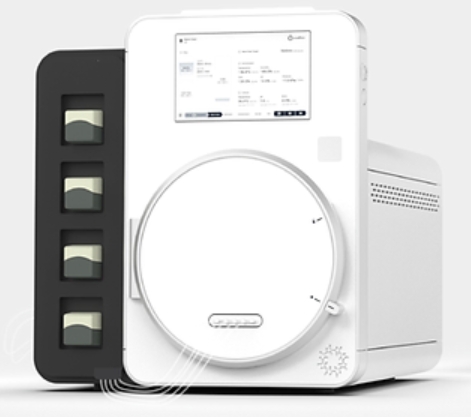
Singapore – New data presented at the Society of Toxicology Annual Meeting (SOT) have demonstrated the potential of two different heat-not-burn tobacco products and e-cigarettes to reduce the risk of smoking-related diseases, in comparison to continued use of conventional cigarettes. A range of studies have investigated the toxicological impact of Philip Morris International (PMI)’s Tobacco Heating System 2.2 (THS 2.2), Carbon Heated Tobacco Product 1.2 (CHTP 1.2) and prototype e-cigarette products in the context of respiratory disease, cardiovascular disease, and lung cancer using several different approaches. In each case, the aerosols produced by the alternative products resulted in significantly reduced levels of biological impact as compared to cigarette smoke (CS).
In line with the principles of 21st century toxicology, PMI is also developing novel in vitro methods for toxicity testing using human cells. Such models have the potential to reduce the necessity for animal testing and offer more cost-efficient and timely results, as well as a detailed understanding of the biological processes underlying toxicity.
“The multi-lab comparison of these non-animal systems paves the way for more robust and meaningful strategies for toxicity testing,” said Dr. Holger Behrsing, Principal Scientist, IIVS. “They allow us to generate human-relevant data that will be of interest not just to industry and research scientists, but also to regulatory bodies. In order to develop these assays and ensure they reach their fullest potential, collaboration is key. Working with PMI and a range of different laboratories has allowed us to leverage expertise across the field and demonstrate the reproducibility of our findings. In the spirit of open science, we hope that this will open the door to further collaborations in the investigation, development, and validation of novel in vitro systems.”
PMI is leading a full-scale effort to ensure that heat-not-burn tobacco products and e-cigarettes ultimately replace cigarettes.




